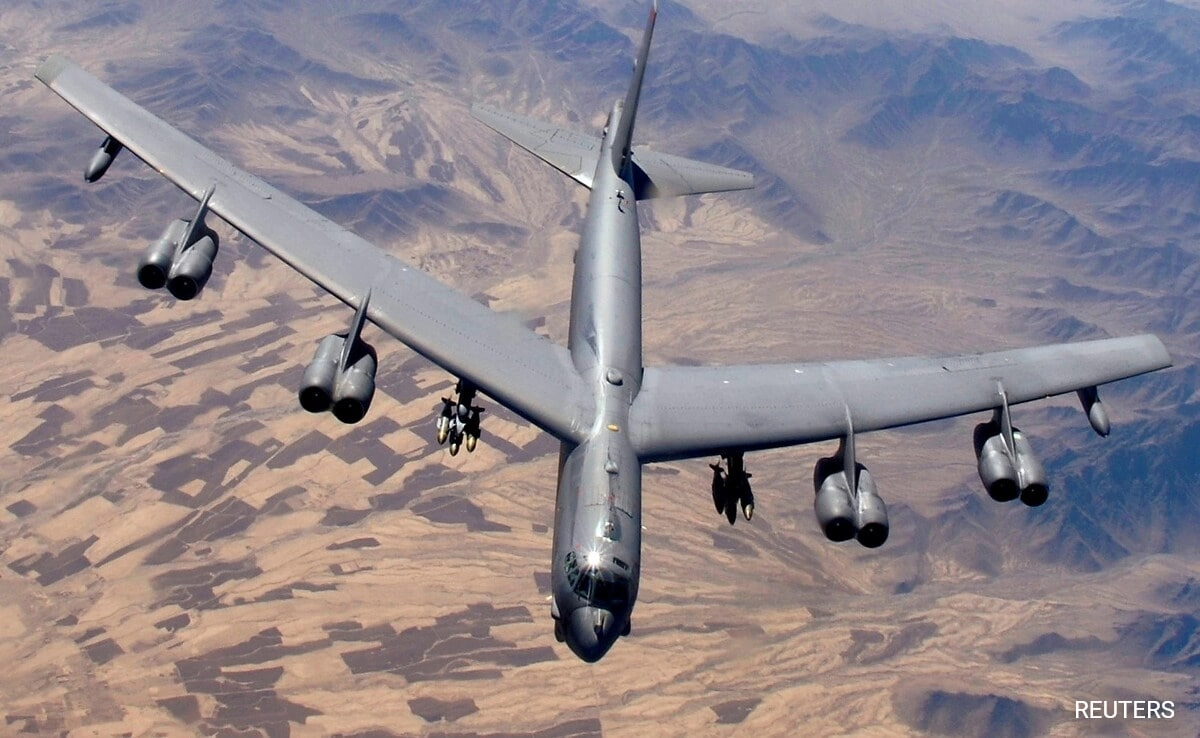In a dramatic turn of events, Bangladesh’s former Prime Minister Sheikh Hasina orchestrated a secretive escape from her homeland, shrouded in intrigue and strategic planning. The operation, marked by meticulous attention to detail, involved the establishment of a covert flight plan that ensured her safe passage out of the country. This clandestine maneuver was not merely a matter of logistics; it represented a profound political statement amid the tumultuous landscape of Bangladeshi politics. The decision to flee was not taken lightly, reflecting a culmination of pressures, both domestically and internationally, that left Hasina with few options.
The circumstances surrounding Hasina’s departure were exacerbated by a climate of political unrest and allegations of authoritarianism against her government. As tensions escalated, the former Prime Minister faced mounting threats from opposition factions and discontent among the populace. Her flight was not just an escape from immediate danger; it symbolized a larger narrative of resistance and survival against a backdrop of increasing instability. In order to maintain the element of surprise, communication channels were effectively shut down, leading to a state of radio silence that left many in the dark about her whereabouts and intentions.
As the plan unfolded, the execution involved a network of trusted allies who facilitated her departure under the radar. This web of secrecy was essential not only for her safety but also for the preservation of her political legacy. By strategically navigating the complexities of her escape, Hasina aimed to reposition herself in the political arena, potentially setting the stage for a future return to power. The ramifications of her flight extend beyond her personal safety; they could ultimately reshape the political dynamics within Bangladesh and influence the broader geopolitical landscape in South Asia.
In retrospect, Sheikh Hasina’s escape serves as a poignant reminder of the lengths to which political figures may go to secure their safety and influence. It raises critical questions about governance, dissent, and the fragile nature of power in a country marked by historical upheaval. As the world watches to see how this saga unfolds, the implications of her flight will undoubtedly reverberate through the corridors of power in Dhaka and beyond, leaving an indelible mark on the future of Bangladeshi politics.




